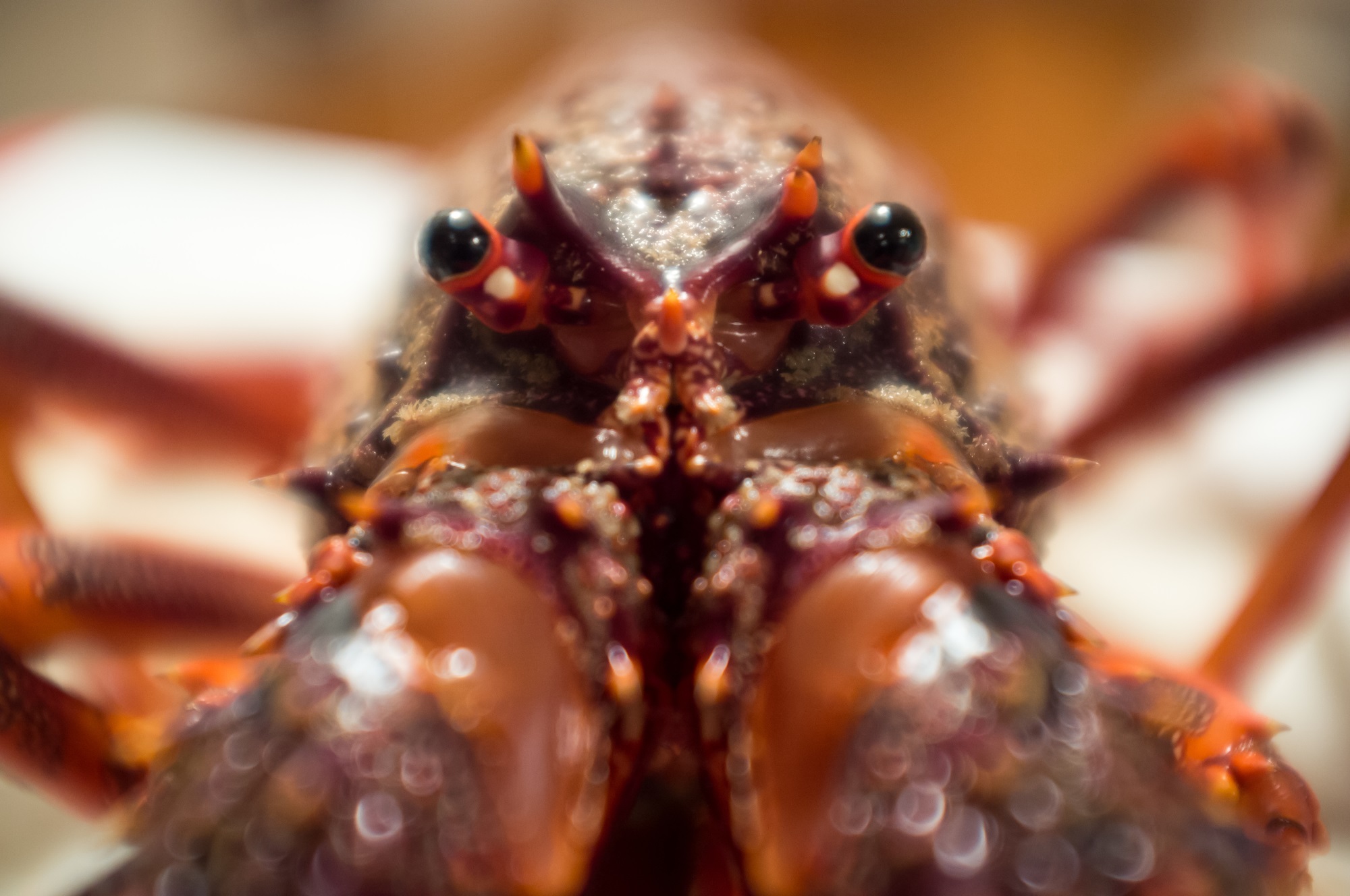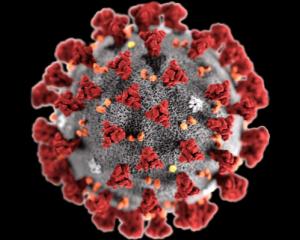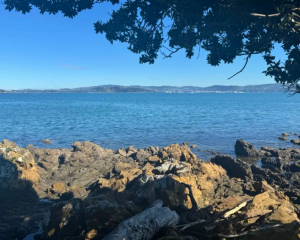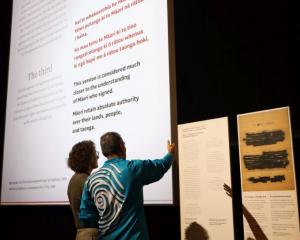
They were sentenced in Whakatāne District Court on Wednesday after previously pleading guilty to illegally harvesting and selling nearly 1500 crayfish from Māhia Peninsula between 2020 and 2021.
The ringleaders were Martin Te Iwingaro Ernest Paul (49) and his 26-year-old daughter Whareake Tamaku Paul, both of Kawerau.
They sold the crayfish in Auckland, Kawerau, Tauranga, Gisborne, Wairoa, Mahia and Napier.
They used falsified customary permits, Fisheries New Zealand said, but iwi and marae had no knowledge or involvement.
"The blame for this offending lies squarely with the defendants," regional compliance manager Jodie Cole said.
"Paul would provide details of a fake event, the fisher would use those false details to obtain a customary permit claiming the seafood was for a hui or tangi, who the gatherers were and where the events were being held.
"Yet these so-called events were a work of fiction and the marae or venue contacts had no idea their facilities were being named on permits."
Each crayfish was sold for between $25 and $60. They typically go for more than that when sold legally.
The pair came to the authorities' attention when they started selling raffle tickets on Facebook, promising a large seafood prize.
"We launched an investigation and found evidence of a major crayfish poaching operation," Cole said.
The man received nine months' home detention, and his daughter received eight months' home detention and 100 hours' community work.
Eight others involved in the ring have also been sentenced to community work and fined.
Others are yet to appear before the court.
"If you're offered seafood at a price that appears too good to be true - assume it was probably harvested illegally," Cole said.











